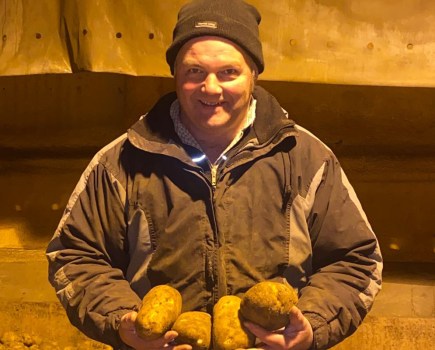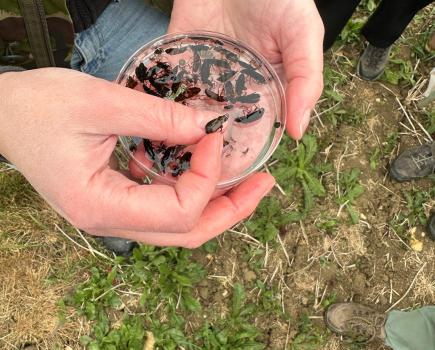 Everything is going up – energy costs, input cost, machinery costs… And if that wasn’t bad enough, there are issues with availability with some inputs. As cash flows stretch to the max, both for businesses and households, you have to wonder where it’s all going.
Everything is going up – energy costs, input cost, machinery costs… And if that wasn’t bad enough, there are issues with availability with some inputs. As cash flows stretch to the max, both for businesses and households, you have to wonder where it’s all going.
It‘s fair to say that the boat was rocking before the conflict in Ukraine. As the world lurches back from the impacts of a global pandemic, it’s on the back of a number of shocks that have reverberated across economies since the financial crisis in 2008 – such as the Arab Spring, the war in Syria, the China-Trump trade war and change to the status quo with a long drawn-out Brexit.
But the recent outbreak of war in Europe is perhaps the most seismic of all because of the major role both Russia and Ukraine play in energy and food production. And for the latter, its aftershocks will be felt at both ends of the food chain, with an impact on supplies of fertiliser as well as exports of grain and oilseeds.
According to a report released by Chatham House in April, Russia is the world’s third largest producer and exporter of oil; the second largest producer and the largest exporter of natural gas; and the third largest exporter of coal. Russia is also the world’s largest exporter of wheat and the second largest exporter of sunflower oil. Ukraine is equally significant to global food markets, as the largest exporter of sunflower oil, the fourth largest exporter of maize and the fifth largest exporter of wheat.
Perhaps less well known is the part Russia plays in supplying the global fertiliser market, where it’s actually the biggest player in terms of exports. It ranks as the second largest supplier of nitrogen fertilisers and the third largest of potassium. You can see where this is leading. Global food production hinges on the application of fertilisers and it’s no longer clear exactly where they’ll be coming from – particularly as the production in the UK remains uncertain.
We live in an era where many people seem to scorn the idea of food security, arguing that we can import food cheaper than we can grow it. It’s a typically myopic view that’s being reinforced by UK Government policy and fails to take into account how issues concerning food security historically destabilise nations – I’m sure Marie Antoinette regretted her ‘let them eat cake’ dismissal of the struggles the French people were having after a bad harvest.
In more recent history, the most dramatic food price ‘spike’ on record occurred in 2010–11. This was driven by an extreme heatwave affecting agricultural production in Ukraine and western Russia where yields fell by 30%. The shortfall in exports drove rapid price inflation and this led to food price riots in some countries, which contributed to the Arab Spring uprising, and mass migration to more affluent countries.
Even in the UK demand for food banks doubled at that time. Rather than get better, food poverty is increasing on our doorstep. From April last year to end of March 2022, the Trussell Trust distributed 2.1M food parcels across the UK. That’s a 14% rise on the same period in 2019-2020. In January of this year, one in 10 adults experienced food insecurity – either missing a meal or not eating for a whole day. This is the UK in 2022…
These are pretty sobering figures, and before the full effects of energy price rises and rising food prices came into effect. And yet there appears to be no recognition from the powers that be that there’s even a problem here – and one that could become significantly worse for low-income families.
So what should be done? This is where Chatham House warns against the short-term policies governments tend to make which result in ‘building back quicker’ rather than the stated objective of ‘building back stronger’. For agriculture that refers to calls to put more land into production at the cost of the environment.
Instead the think-tank suggests incentivising agroecological approaches to farming to make the food system more resilient, reducing its dependence on synthetic fertilisers while helping to achieve environmental and biodiversity gain objectives. It goes on to suggest diversification, to move away from a reliance on grain and for the food industry to adopt a wider range of ingredients – an issue highlighted by the problems caused by the disruption to supplies of sunflower oil.
There are so many complex issues around food security and there’s a problem brewing that isn’t going to go away, however much we’re told there isn’t one.
Based in Ludlow, Shrops, Lucy de la Pasture has worked as an agronomist, while among the Twitterati, she’s @Lucy_delaP.
lucy@cpm-magazine.co.uk




